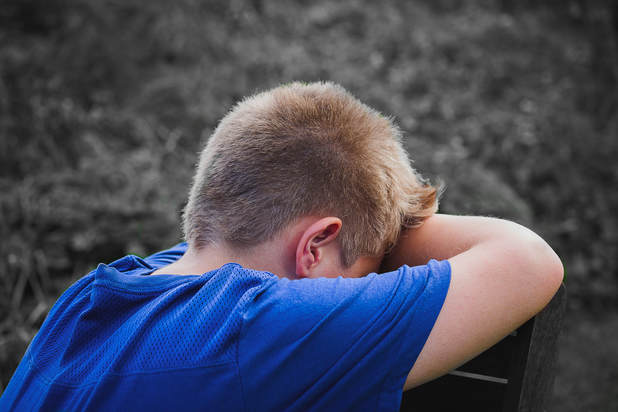|
Daniela Jensen, Psychologist  Resilience is the ability to cope with a challenging situation, in a way that allows us to bounce back and feel good again. Resilience, or grit, is about our ability to navigate life’s many challenges, learn from a difficult situation and become stronger as a result of that experience. Research suggests that the focus on self-esteem, such as praising our children for every little thing they say or do, is not enough to raise resilient kids. While it sounds like a very positive thing for any parent to do, over time it has resulted in our children becoming softer and less likely to persist with a challenging task. So, what is grit? Generally, it can be described as hard work, passion and persistence in pursuit of long-term goals. A well-known coach, Caroline Adams Miller, commented that “being talented is of little value unless you pair it with hard work and passion”. So, why do some children with excellent cognitive and academic abilities stop before entering university, while others with fairly average abilities go on to higher education and transition successfully from studies to work? Personal circumstances aside, it is likely that the children in the latter group, did so because they persisted when things got tough. The best thing about grit, is that it can be easily cultivated. Children build resilience through strong positive relationships with parents and other caring adults. You may find it useful to have these questions in the back of your mind next time you face a difficult conversation with your child about their ‘failure’ to make the team or complete their project. Asking questions such as "why didn’t I", or "why not me" are far more useful than continuing to say to themselves that it’s just too hard. Your child may benefit from having a phrase or a personal mantra to say to themselves when things get really tough. There is something to be said about the “Just do it” Nike slogan, which is more about constantly showing up and facing the challenge than it is about finishing something with flying colours. It is the effort to push through failure which will help develop grittier kids. As parents, the last thing we want to see is our children fail at something that is important to them. However, letting our children fall down and fail is imperative in building grit and getting back up. Stepping outside their comfort zone and take reasonable risks exposes children to novel experiences and opportunities to achieve their goals. While risk-taking generally comes with some setbacks, it also paves way for success and improved self-confidence. In a recent Ted Talk on grit, psychologist Angela Lee Duckworth, noted that the most significant predictor of success in children isn’t related to social intelligence, good looks, health or cognitive abilities. “It’s about having stamina, sticking with your future – day in, day out, not just for the week, not just for the month, but for years – and working really hard to make that future a reality.” In that sense, grittier children are the tortoises, and not the hares. Having a “growth mindset” is about believing that our ability to learn can change with increased effort. Therefore, to raise a resilient child, we need to praise their dedication and effort. Once our children understand that their brain develops and grows in response to a challenge, they’ll be less likely to give up when faced with a challenge. More helpful self-talk and humour can help keep things in perspective (e.g. ‘even though this project isn’t my favourite thing, I’ll be able to cope with it’). Remember that you are a role model for your child, so let them see and hear you being optimistic and positive when handling a challenging situation. |
Categories
All
|
Hopscotch & HarmonyAt Hopscotch & Harmony Psychology, you can expect compassionate care and evidence-based guidance on your journey to wellness.
With clinics in Werribee and Belmont, as well as providing online counselling to clients who live throughout Australia, our dedicated team of psychologists and dietitians are committed to providing support to children, teenagers and adults. With a focus on understanding your unique needs, we offer tailored solutions to foster growth and resilience. Trust in our experience and dedication as we work together towards your well-being. Welcome to a place where healing begins and possibilities abound. |
Our services |
Contact usHopscotch & Harmony
Child, Teen and Adult Psychology Our Locations:
WERRIBEE: 1/167-179 Shaws Rd
BELMONT: 92 Roslyn Rd AUSTRALIA-WIDE: Online counselling |
Hopscotch and Harmony respectfully recognise the Aboriginal and Torres Strait Islander people as the first Peoples of the continent now called Australia.
We acknowledge the Bunurong and Wadawurrung people of the Kulin Nation, the traditional owners of the land on which we work, and pay our respects to their Elders, past, present and emerging.
© 2024 Hopscotch and Harmony Pty Ltd

 RSS Feed
RSS Feed
